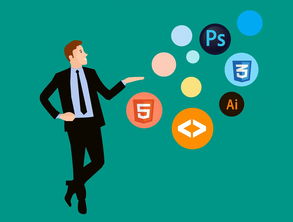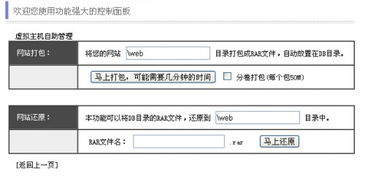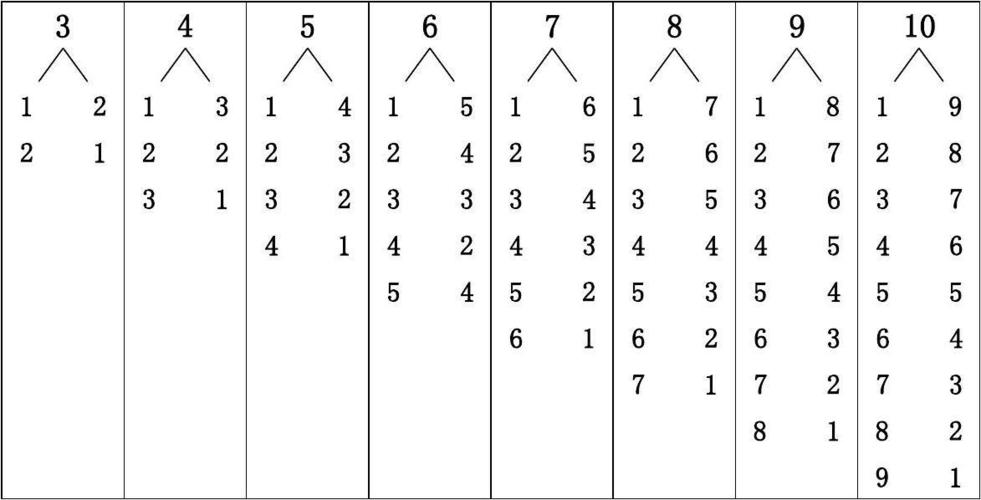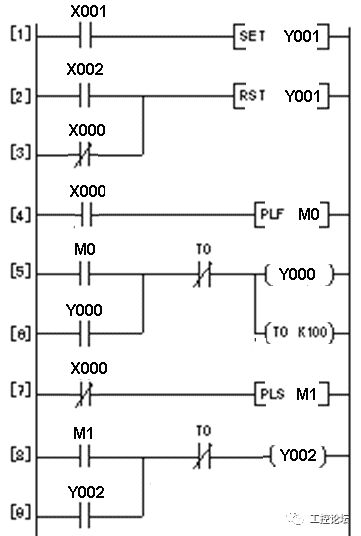Title: Choosing the Best SelfStudy Books for Microcontroller Programming
When diving into the world of microcontroller programming, selecting the right selfstudy book can significantly impact your learning journey. Below, I'll outline some top considerations and recommend a few excellent books to get you started on your path to mastering microcontroller programming.
Considerations for Choosing a SelfStudy Book:
1.
Level of Expertise:
Determine your current level of expertise. Are you a beginner looking for foundational knowledge, or do you already possess some programming experience and seek more advanced material?
2.
Programming Language:
Identify which programming language(s) the book covers. Common languages for microcontroller programming include C, C , Python, and assembly language. Choose a book that aligns with your language preference and the requirements of your projects.
3.
Hardware Compatibility:
Ensure the book covers programming for the specific microcontroller(s) you intend to work with. Different microcontrollers (e.g., Arduino, Raspberry Pi, PIC, STM32) may require different programming approaches.
4.
Practical Application:
Look for books that offer handson projects and practical examples. The best way to learn microcontroller programming is by doing, so make sure the book provides ample opportunities for experimentation and application.
5.
Reviews and Recommendations:
Research reviews and seek recommendations from reliable sources, such as online forums, professional networks, or academic institutions. Feedback from fellow learners and experts can help you gauge the quality and effectiveness of a book.
Recommended SelfStudy Books:
1.
"Arduino Programming in 24 Hours, Sams Teach Yourself" by Richard Blum:
This book is perfect for beginners with little to no programming experience. It covers Arduino programming using the C/C language and guides readers through progressively complex projects over 24 structured lessons.
2.
"Embedded C Programming: Techniques and Applications of C and PIC MCUs" by Mark Siegesmund:
Ideal for those interested in learning embedded C programming for PIC microcontrollers. The book offers a comprehensive introduction to embedded systems, covering both theory and practical applications.
3.
"Programming the Raspberry Pi, Second Edition: Getting Started with Python" by Simon Monk:
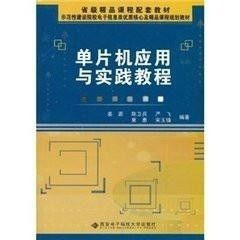
If you prefer Python for microcontroller programming, this book is an excellent choice. It provides a beginnerfriendly introduction to programming Raspberry Pi boards using Python, with a focus on practical projects and applications.
4.
"ARM Assembly Language Programming & Architecture" by Mazidi and Naimi:
For those interested in delving into assembly language programming for ARMbased microcontrollers, this book offers a thorough exploration of ARM architecture and assembly language programming techniques.
5.
"Mastering STM32" by Carmine Noviello:
Geared towards intermediate to advanced learners, this book provides an indepth understanding of STM32 microcontroller programming using the STM32CubeIDE development environment. It covers both basic and advanced topics, including peripheral interfacing and realtime operating systems.
Conclusion:
When selecting a selfstudy book for microcontroller programming, consider factors such as your current expertise level, preferred programming language, hardware compatibility, practical application opportunities, and reviews from other learners. The recommended books above cover a range of programming languages and microcontroller platforms, catering to diverse learning needs and preferences. Remember, the key to mastering microcontroller programming lies in consistent practice, handson experimentation, and a willingness to learn and explore new concepts. Happy coding!
版权声明
本文仅代表作者观点,不代表百度立场。
本文系作者授权百度百家发表,未经许可,不得转载。




